Recent Posts
10 Proven Tips to Make Your Car Tyres Last Longer
The Advantages of Choosing Paintless Dent Repair
Rolls-Royce – Most Common Faults and How to Keep Yours in Perfect Condition
Bentley – Most Common Faults and How to Prevent Them
5 Proven Ways to Remove Tree Sap From Your Car Without Damaging the Paint
Discover the Most Typical Issues with Lexus Cars
What are the Common BMW Issues and How to Fix Them?
Engine Seized or Locked Up? Here’s What You’re Really Dealing With
Is It Safe to Drive with Reduced Engine Power?
What Type of Car Paint Protection Is Best in Abu Dhabi? | Ultimate Guide
How Does Ceramic Coating Protect Your Car’s Paint?
5 Most Common Oil Mistakes That Might Ruin Your Car
When Should You Replace Your Tires? Warning Signs You Shouldn’t Ignore
Common Range Rover Problems and How to Fix Them
How Weather Conditions Affect Your Car Battery and How to Protect It?
Why Brake Fluid is Essential for Your Car’s Safety in Ras Al Khaimah
Mercedes-Benz Engine Repair: Common Issues and How to Fix Them
Top Signs Your Car AC Needs Immediate Repair in Abu Dhabi
The Ultimate Guide to Car AC Repair: Everything You Need to Know
How to Find a Reliable Car Garage Near Me in Abu Dhabi
Why Car Detailing is Essential in Ras Al Khaimah
Windscreen Repair vs. Windscreen Replacement: Which One Do You Need?
Top Signs Your Car Battery Needs to Be Replaced
The Importance of Regular Tire Maintenance: Tips and Tricks
Understanding Brake Issues: When to Repair or Replace Your Brakes
What Can One Expect During a Full Vehicle Inspection?
Top-Rated Car Garages in Ras Al Khaimah: A Comparative Guide
5 Common Engine Problems and How to Fix Them: A Guide for Car Owners
Signs You Need to Take Your Car to the Mechanic
Exploring Unusual Smells in Cars: A Guide to Identifying and Resolving Odors
Decreased Performance and Fuel Efficiency in Cars: What’s Going On?
Bespoke Care for Your Range Rover: Understanding the Importance of Regular Service
Quick Tips for Finding the Best Car Mechanic Near You
Finding Reliable Car Repair and Servicing
Choosing the right car repair workshop: Factors to consider
Expert Car Mechanics Near Me: How to Identify Skill and Experience
The Benefits of Regular Car Servicing for Optimal Performance and Safety
Trusted Car Garages Near Me: How to Avoid Shoddy Repairs
Preventing Costly Repairs with Routine Car Maintenance and Inspections
Navigating the Car Repair Industry: How to Find Honest and Affordable Services
Understanding the Basics of Car Maintenance and Repair for Vehicle Owners
Why regular car servicing is crucial for long term vehicle health?
Maximizing the Lifespan of Your Vehicle with Routine Car Maintenance
The importance of Pre-purchase car inspections: Don’t buy a lemon
Choosing the Right Car Garage Near Me: What to Look for in a Reliable Provider

Owning a BMW means enjoying smooth drives, power in authority, and tech in intelligence. Just like any high-performance vehicle, BMWs come with their own unique sets of problems. If you’ve been grappling with any of the BMW common problems, rest easy knowing you’re not the only one. This practical and informative BMW repair guide walks you through some of the most common problems and their solutions. From troubleshooting the engine to electrical issues, here’s a guide to dealing with common BMW faults.
Why Do BMWs Face Unique Mechanical and Electrical Issues?
BMW is engineered precisely and combines many different technologies, which also means they are more complex than average vehicles. There are many sensors, control devices, and pieces of hardware that are so tightly fitted that even a small problem can become a large problem.
For example, BMW’s cooling systems are created using plastic parts so they don’t have excess weight, but over time, those plastic parts become less flexible and can create insufficient cooling to the engine. Similarly, BMW is notoriously sensitive to electrical issues, and if one part has trouble, it can influence other parts as well.
None of this leans towards unreliability with BMWs. It simply means they are going to take a little more of your time, especially as they age. So knowing your way around BMW issues and solutions helps!
Common BMW Issues and How to Fix Them
Let’s go over the problems BMW drivers most often deal with—and what you can do about them.
1. Oil Leaks (Messy but Fixable)
One of the most talked-about BMW mechanical problems is oil leakage. You might notice oil stains under your car or the engine light popping up.
What causes it?
Worn-out gaskets—especially the valve cover gasket, oil filter housing gasket, or oil pan gasket.
How to fix it:
- Book a BMW oil leak fix at a trusted workshop
- Replace the faulty gasket (it’s a common fix and doesn’t take long)
2. Overheating Problems
BMW is known to overheat when parts in the cooling system fail. You might see the temperature warning light on your dashboard or even steam from under the hood.
Common BMW overheating causes:
- Weak water pump
- Failing thermostat
- Cracked radiator or old coolant hoses
What to do:
- Replace the water pump (BMW water pump failure is common)
- Do a BMW thermostat replacement
- Use OEM or upgraded metal parts instead of plastic ones
3. Electrical Issues
Having electrical issues? Maybe your windows won’t roll up, the lights flicker, or the key fob doesn’t work right. These are classic BMW common problems with electronics.
How to fix BMW electrical problems:
- Check the battery and alternator first
- Use a scanner tool to pull error codes
- Replace blown fuses or faulty modules (if you’re unsure, let a pro handle it)
4. iDrive and Sensor Errors
The iDrive system is great—until it isn’t. Freezing screens, unresponsive controls, or parking sensor errors can be a real headache.
Here’s what helps:
- Restart the iDrive system
- Check for software updates
- Clean or replace faulty sensors
- Don’t ignore sensor alerts—they affect safety systems like ABS and airbags
5. Transmission Troubles
BMW gearboxes are generally solid, but over time, they can start to shift hard, hesitate, or slip between gears.
What causes this?
- Old or low transmission fluid
- Worn internal parts
How to fix it:
- Change the transmission fluid and filter
- If the problem continues, get it scanned by a BMW technician
6. Suspension and Steering Wear
BMW’s are built for sharp handling, but worn-out suspension parts can make your ride feel rough or unstable.
Watch for:
- Clunking sounds
- Uneven tire wear
- Steering feels off
Fixes include:
- Replacing control arms, bushings, or struts
- Getting a proper wheel alignment
How to Prolong Your BMW’s Lifespan
If you want to enjoy your BMW for many years to come, the answer is easy: be proactive. Here are a couple of ways to minimize breakdowns and expensive repairs:
- Follow the service schedule – Do not skip oil changes or fluid services
- Check engine lights ASAP – Ignoring them could lead to bigger damage
- Inspect belts, hoses, and brakes regularly
- Don’t wait till it breaks – Small noises or leaks can mean something’s wrong
- Drive it gently – Flooring the gas every day adds more wear than you think
Doing these little things consistently helps avoid major BMW mechanical problems later.
Trusted BMW Repairs—Done Right the First Time
While BMWs are high-performance vehicles, they still require regular maintenance, be it addressing engine problems, electrical issues, or even fixing a BMW oil leak. Troubleshooting requires a clear understanding of issues.
If you require more help, Red Fox Auto Garage in Abu Dhabi and Ras Al-Khaimah is a go-to name for premium car care for trustworthy diagnostics. They take on BMW’s common problems, providing long-term solutions without skimping on quality. From regular checkups to complex repairs, they are well-versed in BMW electrical problems, mechanical faults, and more.
FAQs on BMW Maintenance and Troubleshooting
What is the most common problem with BMW engines?
Oil leakage from the valve cover gasket or oil filter housing is the most common engine issue in BMWs.
Why do BMWs leak oil, and from where?
It’s usually due to worn or cracked gaskets—mainly the valve cover, oil pan, or oil filter housing gasket.
Can I fix BMW electrical issues myself?
You can handle small issues like blown fuses, but it’s better to let a pro check complex wiring or control modules.
How can I fix iDrive or sensor errors in a BMW?
Try restarting the iDrive system or cleaning sensors. For ongoing issues, a diagnostic scan is recommended.
What are the signs of BMW transmission problems?
Look out for jerky shifting, slipping gears, delayed acceleration, or strange noises while driving.
How do suspension problems show up in BMWs?
Common signs include a bumpy ride, knocking sounds, uneven tire wear, and poor steering response.
How often should BMW be serviced?
It’s best to service your BMW every 10,000 to 15,000 km or at least once a year—whichever comes first.

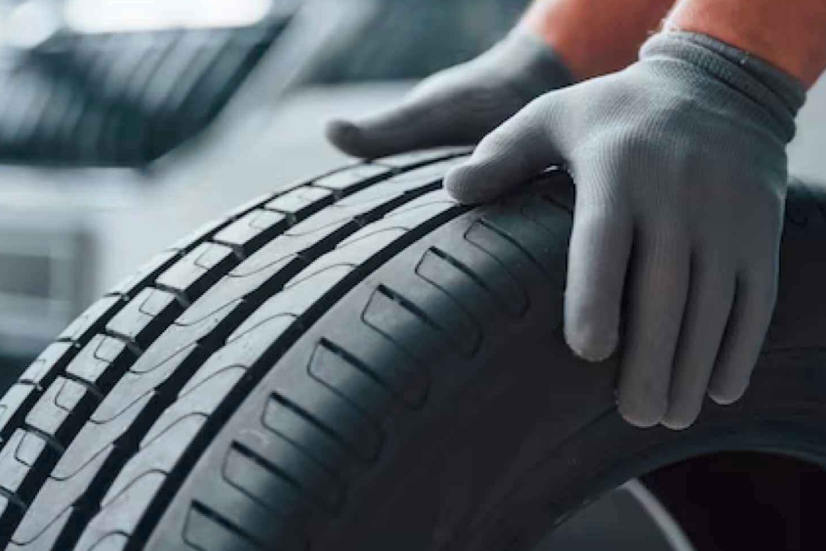 10 Proven Tips to Make Your Car Tyres Last Longer
10 Proven Tips to Make Your Car Tyres Last Longer The Advantages of Choosing Paintless Dent Repair
The Advantages of Choosing Paintless Dent Repair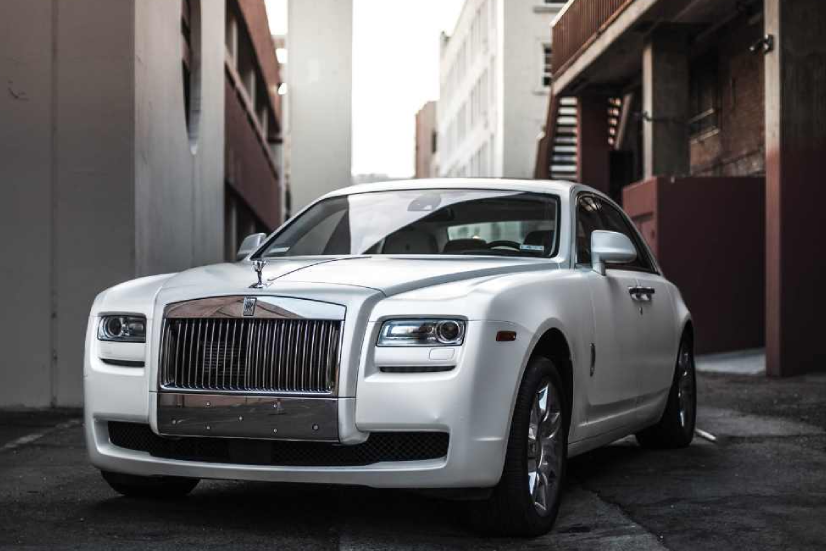 Rolls-Royce – Most Common Faults and How to Keep Yours in Perfect Condition
Rolls-Royce – Most Common Faults and How to Keep Yours in Perfect Condition Bentley – Most Common Faults and How to Prevent Them
Bentley – Most Common Faults and How to Prevent Them 5 Proven Ways to Remove Tree Sap From Your Car Without Damaging the Paint
5 Proven Ways to Remove Tree Sap From Your Car Without Damaging the Paint Discover the Most Typical Issues with Lexus Cars
Discover the Most Typical Issues with Lexus Cars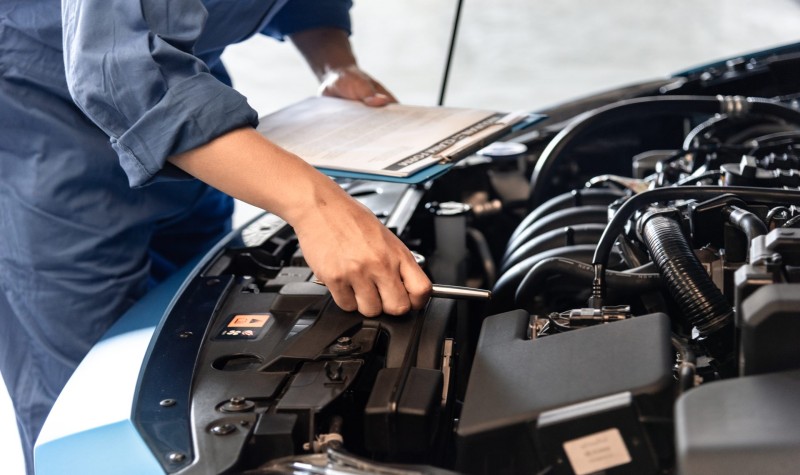 Engine Seized or Locked Up? Here’s What You’re Really Dealing With
Engine Seized or Locked Up? Here’s What You’re Really Dealing With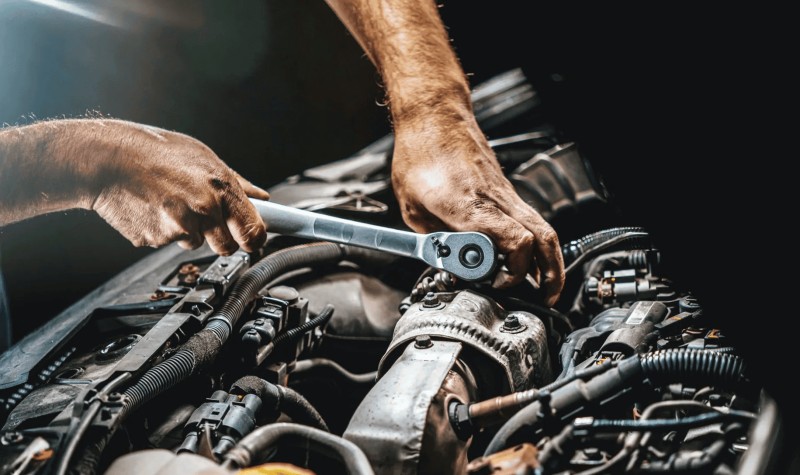 Is It Safe to Drive with Reduced Engine Power?
Is It Safe to Drive with Reduced Engine Power? What Type of Car Paint Protection Is Best in Abu Dhabi? | Ultimate Guide
What Type of Car Paint Protection Is Best in Abu Dhabi? | Ultimate Guide How Does Ceramic Coating Protect Your Car’s Paint?
How Does Ceramic Coating Protect Your Car’s Paint? 5 Most Common Oil Mistakes That Might Ruin Your Car
5 Most Common Oil Mistakes That Might Ruin Your Car When Should You Replace Your Tires? Warning Signs You Shouldn’t Ignore
When Should You Replace Your Tires? Warning Signs You Shouldn’t Ignore Common Range Rover Problems and How to Fix Them
Common Range Rover Problems and How to Fix Them How Weather Conditions Affect Your Car Battery and How to Protect It?
How Weather Conditions Affect Your Car Battery and How to Protect It?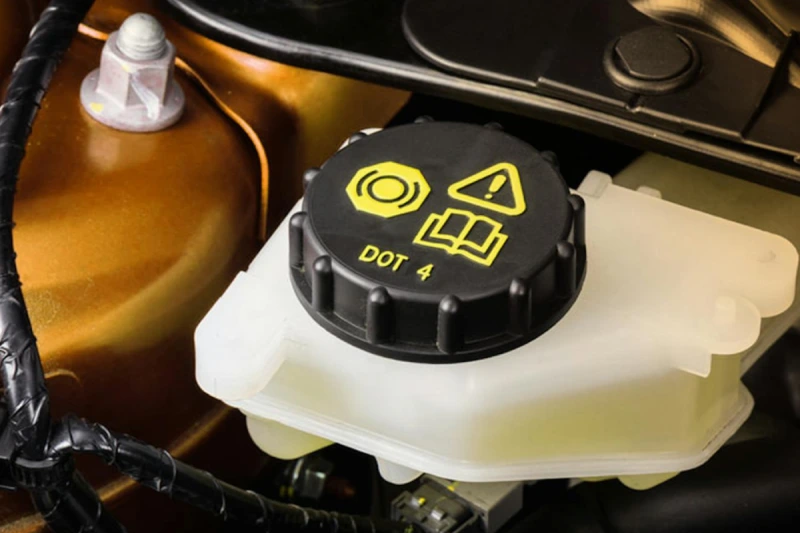 Why Brake Fluid is Essential for Your Car’s Safety in Ras Al Khaimah
Why Brake Fluid is Essential for Your Car’s Safety in Ras Al Khaimah Mercedes-Benz Engine Repair: Common Issues and How to Fix Them
Mercedes-Benz Engine Repair: Common Issues and How to Fix Them Top Signs Your Car AC Needs Immediate Repair in Abu Dhabi
Top Signs Your Car AC Needs Immediate Repair in Abu Dhabi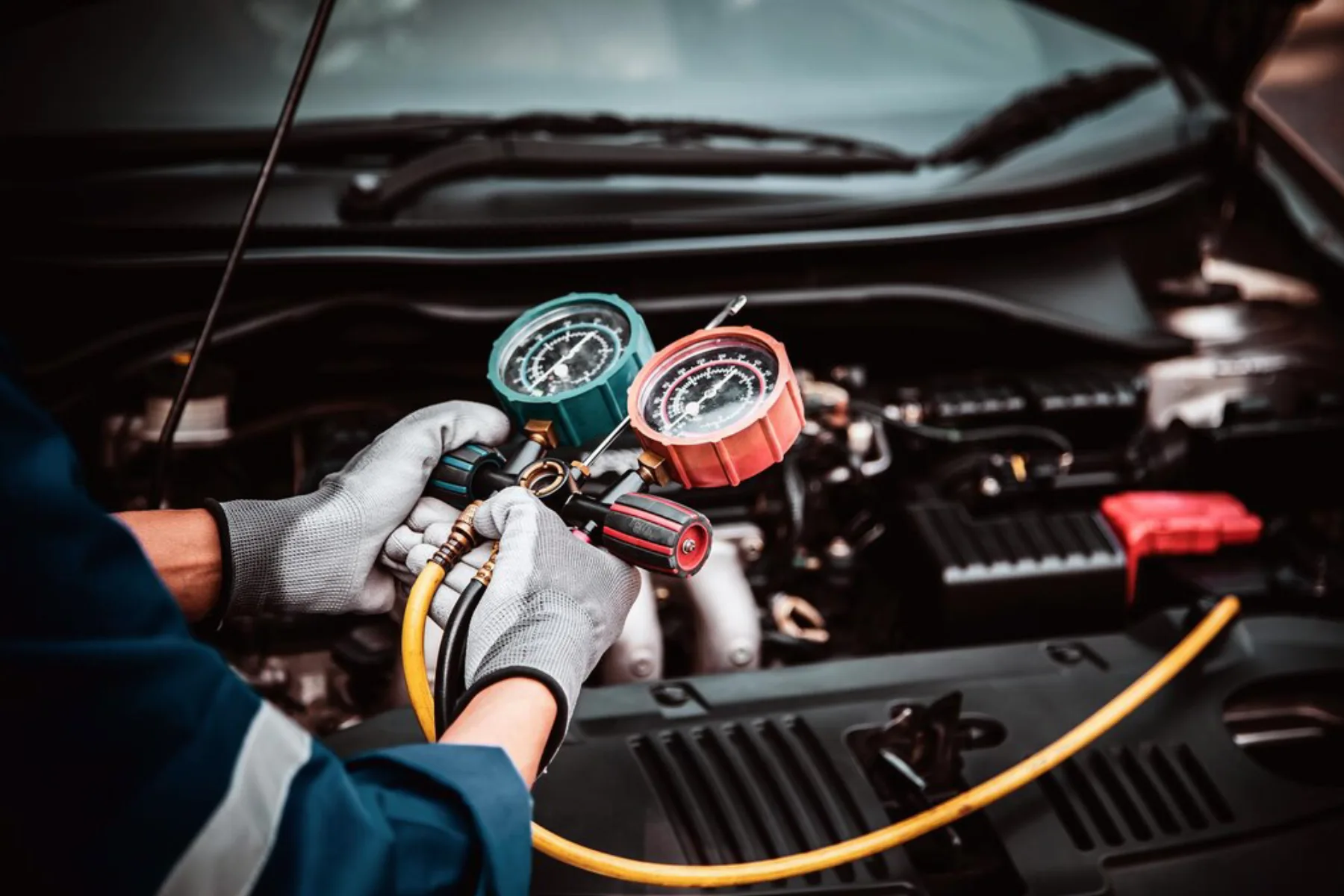 The Ultimate Guide to Car AC Repair: Everything You Need to Know
The Ultimate Guide to Car AC Repair: Everything You Need to Know How to Find a Reliable Car Garage Near Me in Abu Dhabi
How to Find a Reliable Car Garage Near Me in Abu Dhabi Why Car Detailing is Essential in Ras Al Khaimah
Why Car Detailing is Essential in Ras Al Khaimah Windscreen Repair vs. Windscreen Replacement: Which One Do You Need?
Windscreen Repair vs. Windscreen Replacement: Which One Do You Need? Top Signs Your Car Battery Needs to Be Replaced
Top Signs Your Car Battery Needs to Be Replaced The Importance of Regular Tire Maintenance: Tips and Tricks
The Importance of Regular Tire Maintenance: Tips and Tricks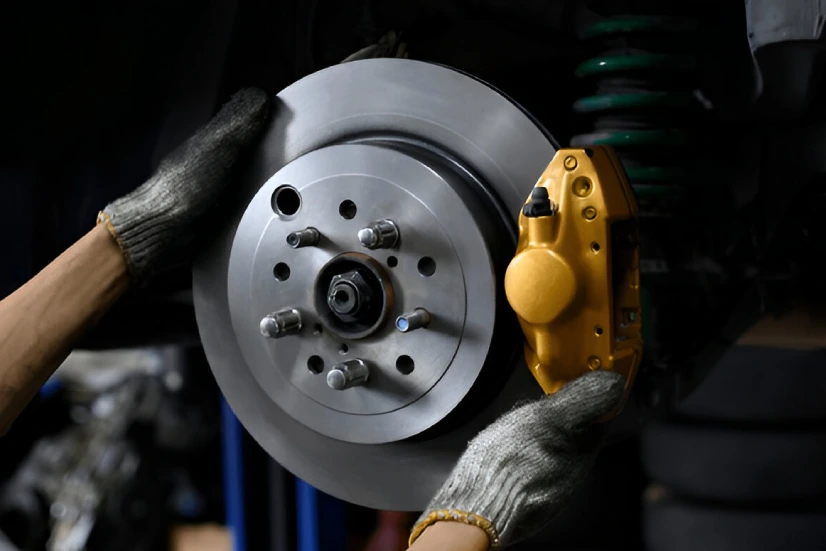 Understanding Brake Issues: When to Repair or Replace Your Brakes
Understanding Brake Issues: When to Repair or Replace Your Brakes What Can One Expect During a Full Vehicle Inspection?
What Can One Expect During a Full Vehicle Inspection? Top-Rated Car Garages in Ras Al Khaimah: A Comparative Guide
Top-Rated Car Garages in Ras Al Khaimah: A Comparative Guide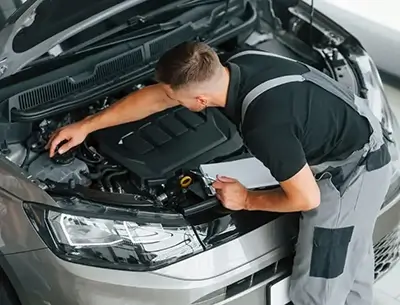 5 Common Engine Problems and How to Fix Them: A Guide for Car Owners
5 Common Engine Problems and How to Fix Them: A Guide for Car Owners Signs You Need to Take Your Car to the Mechanic
Signs You Need to Take Your Car to the Mechanic Exploring Unusual Smells in Cars: A Guide to Identifying and Resolving Odors
Exploring Unusual Smells in Cars: A Guide to Identifying and Resolving Odors Bespoke Care for Your Range Rover: Understanding the Importance of Regular Service
Bespoke Care for Your Range Rover: Understanding the Importance of Regular Service Quick Tips for Finding the Best Car Mechanic Near You
Quick Tips for Finding the Best Car Mechanic Near You Choosing the right car repair workshop: Factors to consider
Choosing the right car repair workshop: Factors to consider Expert Car Mechanics Near Me: How to Identify Skill and Experience
Expert Car Mechanics Near Me: How to Identify Skill and Experience The Benefits of Regular Car Servicing for Optimal Performance and Safety
The Benefits of Regular Car Servicing for Optimal Performance and Safety Trusted Car Garages Near Me: How to Avoid Shoddy Repairs
Trusted Car Garages Near Me: How to Avoid Shoddy Repairs Preventing Costly Repairs with Routine Car Maintenance and Inspections
Preventing Costly Repairs with Routine Car Maintenance and Inspections Navigating the Car Repair Industry: How to Find Honest and Affordable Services
Navigating the Car Repair Industry: How to Find Honest and Affordable Services Understanding the Basics of Car Maintenance and Repair for Vehicle Owners
Understanding the Basics of Car Maintenance and Repair for Vehicle Owners Why regular car servicing is crucial for long term vehicle health?
Why regular car servicing is crucial for long term vehicle health?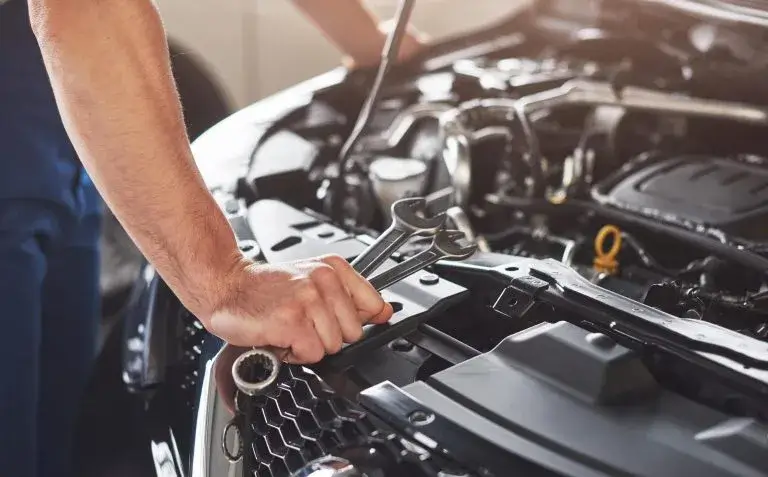 Maximizing the Lifespan of Your Vehicle with Routine Car Maintenance
Maximizing the Lifespan of Your Vehicle with Routine Car Maintenance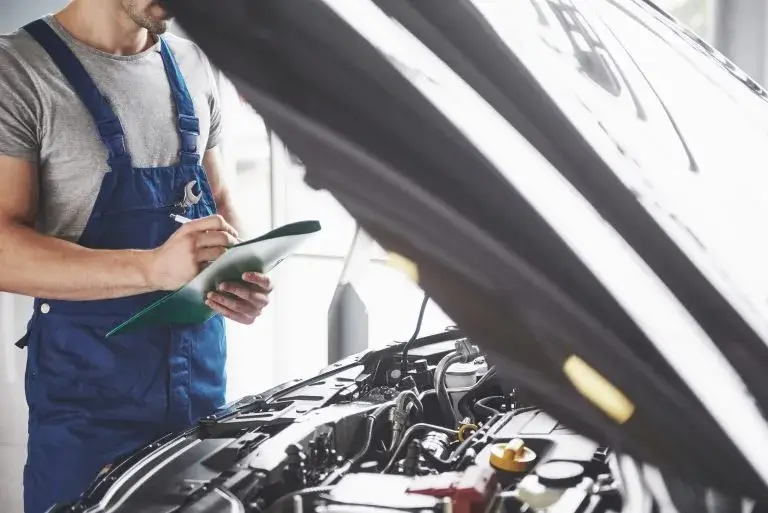 The importance of Pre-purchase car inspections: Don’t buy a lemon
The importance of Pre-purchase car inspections: Don’t buy a lemon